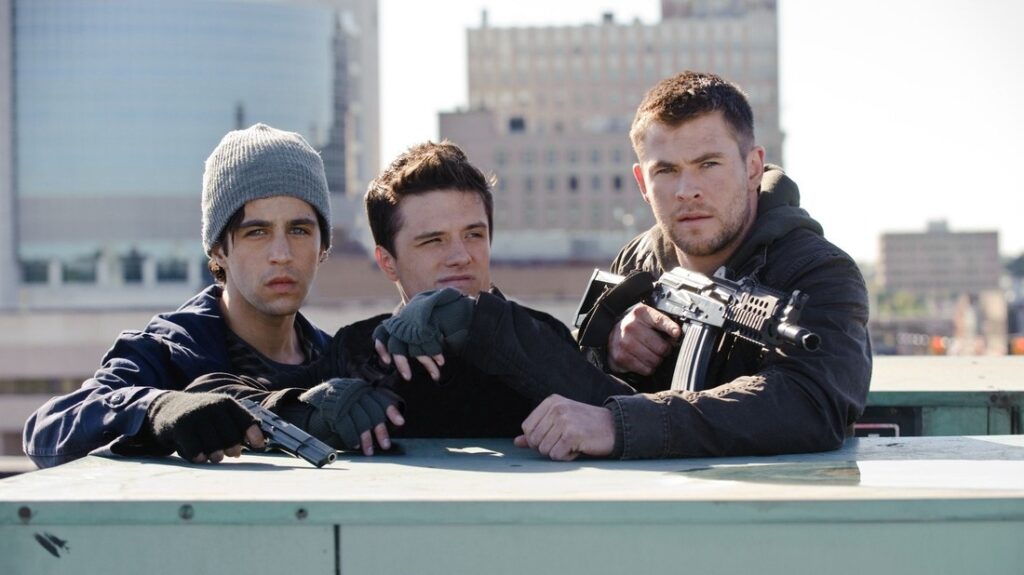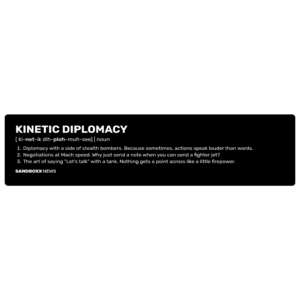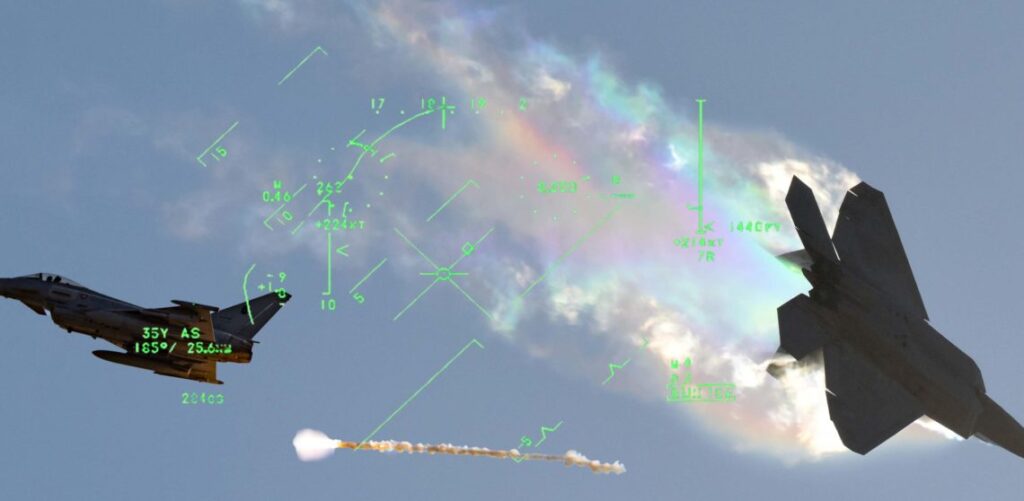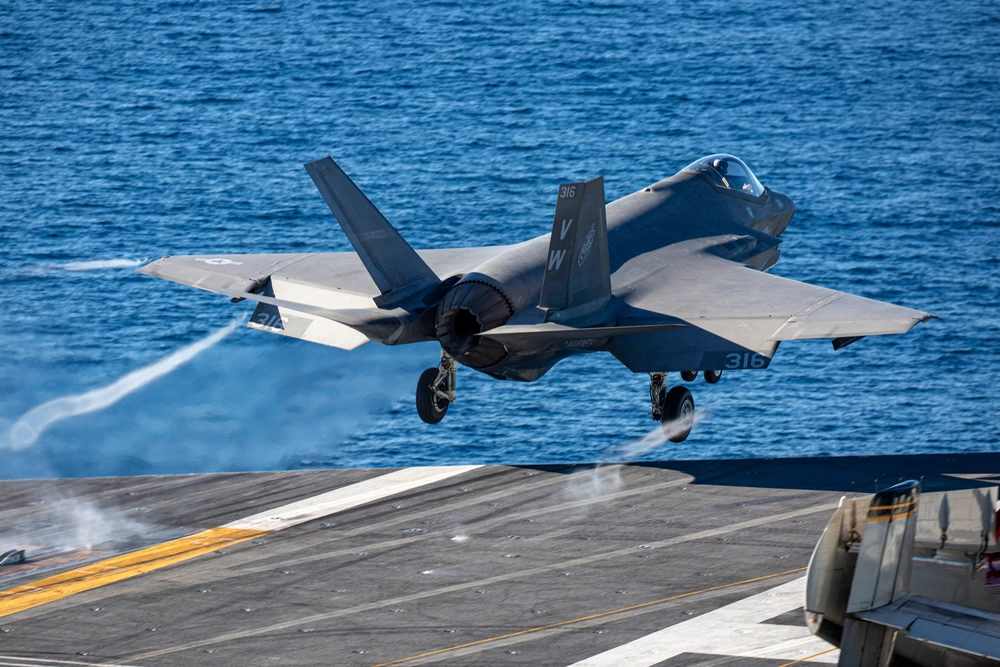On Tuesday, Senator Ted Cruz (R., Texas) announced new legislation he’s drafting that would bar the Pentagon from supporting movies that see changes or edits mandated by the Chinese government. When the story broke, many on social media responded with confusion, wondering what the Senator was talking about and how China could possibly be manipulating American military movies.
The “Stopping Censorship, Restoring Integrity, Protecting Talkies Act” (SCRIPT Act)
The surprising truth is actually that there is a well established precedent of major motion picture studios yielding directly to Chinese pressure, forcing them to change characters and even plots of movies in order to ensure their release in Chinese markets–which have rapidly become the second largest movie market on the planet. Because the American movies that perform well in China tend to be in the action genre, many of these films include American military assets provided by the Defense Department to support filming.
“For too long, Hollywood has been complicit in China’s censorship and propaganda in the name of bigger profits,†Cruz said in a statement. “The SCRIPT Act will serve as a wake-up call by forcing Hollywood studios to choose between the assistance they need from the American government and the dollars they want from China.â€
Defense Department support is extremely valuable for blockbuster movie studios, who often need footage of military aircraft, warships, and service personnel in their big action movies. If Cruz’s legislation becomes law, the Pentagon would no longer support films that yield to Chinese pressure, and that may be enough to sway some studios away from jumping in bed with the Chinese government.
How did China get leverage over movie studios?
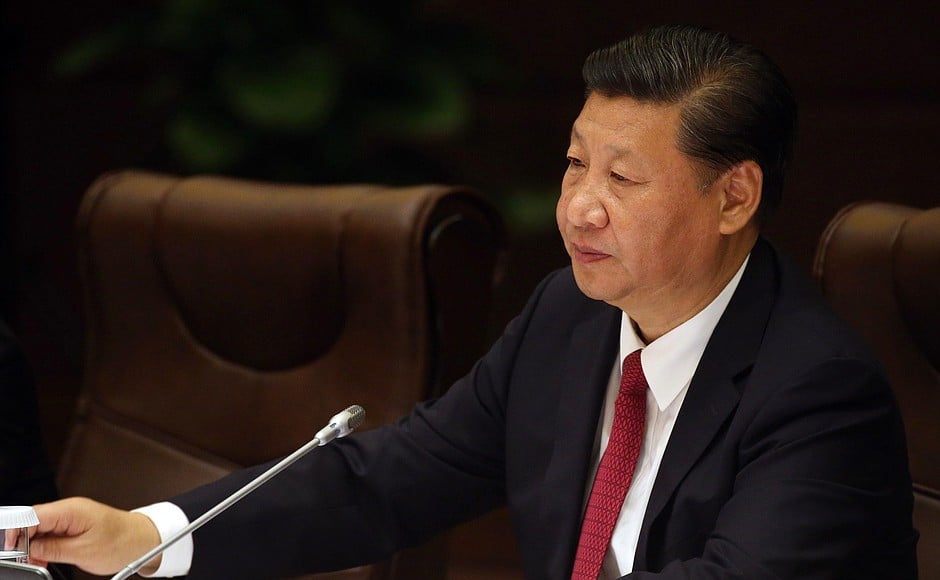
If you’re wondering to yourself, “how bad can it be?” It’s actually pretty bad. I’ve been covering China’s efforts to subject Americans to Chinese government narratives in feature films since 2017, and in that time, I’ve compiled a sizable list of films that have seen changes either as a direct result of Chinese pressure, or as a result of indirect governmental pressure levied by Chinese corporations, which it pays to understand, maintain active ties with the Chinese government.
But before we dive into the list, here’s a bit more background on the issue, and why it’s become so prevalent. In recent years, China’s box office has rapidly expanded, and today, many of America’s action films net hundreds of millions of dollars in China. This has not only led many movies to adjust to suit Chinese censors and audiences, but it has also prompted a resurgence of objectively pretty bad big-budget movies that practically flop in the U.S. and then make significant profits overseas. As much as I like Dwayne “The Rock” Johnson, these American-flops but Chinese successes have become his shtick, but he’s not the only one.
Here’s a list of films from 2018 I compiled last year, showing how they performed poorly in the United States (despite being American productions with American actors), only to find success in Chinese markets:
- “The Great Wall†cost $150 million to make, made only $45 million in the United States and netted another $289 million internationally.
- “Valerian and the City of a Thousand Planets†cost a whopping $225.9 million to produce, made only $41 million in the U.S. before grossing an additional $184 million internationally.
- “The Foreigner†was almost a success in America, with a production cost of $35 million and a box office draw of $34.4 million. It went on to make $106 million internationally.
- “Resident Evil: The Final Chapter†was filmed for only $40 million, but amassed only $26 million domestically. It went on to make $285 million overseas.
- “Geostorm†cost $120 million to make, made only $33 million in America, then amassed another $175 million overseas.
- “Transformers: The Last Knight†had a budget of $217 million, made $130 million in the U.S., then made $475 million internationally.
So sure, by looking at that list, it seems Chinese markets like big-budget blockbusters that are light on story and heavy on special effects. There’s no harm in that. But unlike in the United States where anyone can make and release a movie which are then rated by the MPAA (a group of civilians), China’s government censors films, China’s government decides which films their people get to see, and as of late, China’s government gets to decide how China is depicted on film. Here in America, of course, there are plenty of movies that are critical of the American government… but hardly any that are critical of China’s.
The issue of American studios coveting Chinese markets even more than domestic ones has forced a long list of changes to stories you probably know and love–and you might be surprised to learn just how far this issue has spread.
How does China make studios change movies?
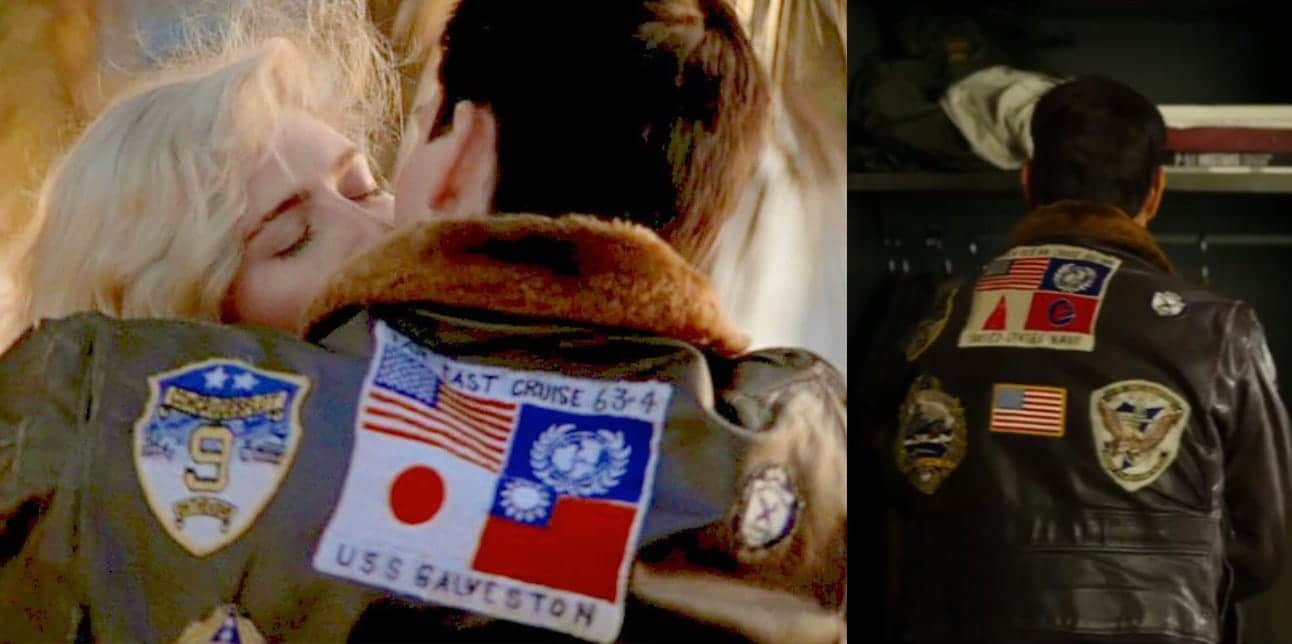
“Top Gun: Maverick,” the long awaited sequel of the 1984 classic, has had its release pushed back to December due to the coronavirus, but in its early trailers, some eagle-eyed viewers noticed that Maverick’s classic jacket from the first film shows up again… but this time, it’s missing some patches. In the 1984 film, Maverick’s jacket had a large patch that read, “Far East Cruise 63-4, USS Galveston,” alongside flags from the U.S., Japan, and Taiwan.
In the new movie, Japan and Taiwan’s flags have been removed and replaced with others in order to appease Chinese censors, who don’t recognize Taiwan as an independent nation and still harbor bad blood toward the Japanese over World War II. Slight as these changes may seem, they represent the level of nitpicking American studios encounter when trying to release movies in China.
If you’re wondering why China feels the need to exert so much influence over the movie industry, it really all comes down to perception. China will not allow it to be shown as anything other than the good guy, a positive force in the world, and a technologically advanced Utopia. While most movie-goers may not register the ways in which China is depicted on screen, it affects our perceptions of the Chinese nation and its government. This method of narrative management could be called clever marketing on the world’s stage, but when governments force or fund their narratives for mass distribution, we usually call it something different: propaganda.
Here is a list of just some of the other changes major motion pictures have made in order to appease the Chinese government:
Marvel changed a traditionally Tibetan character into a white lady in “Doctor Strange”
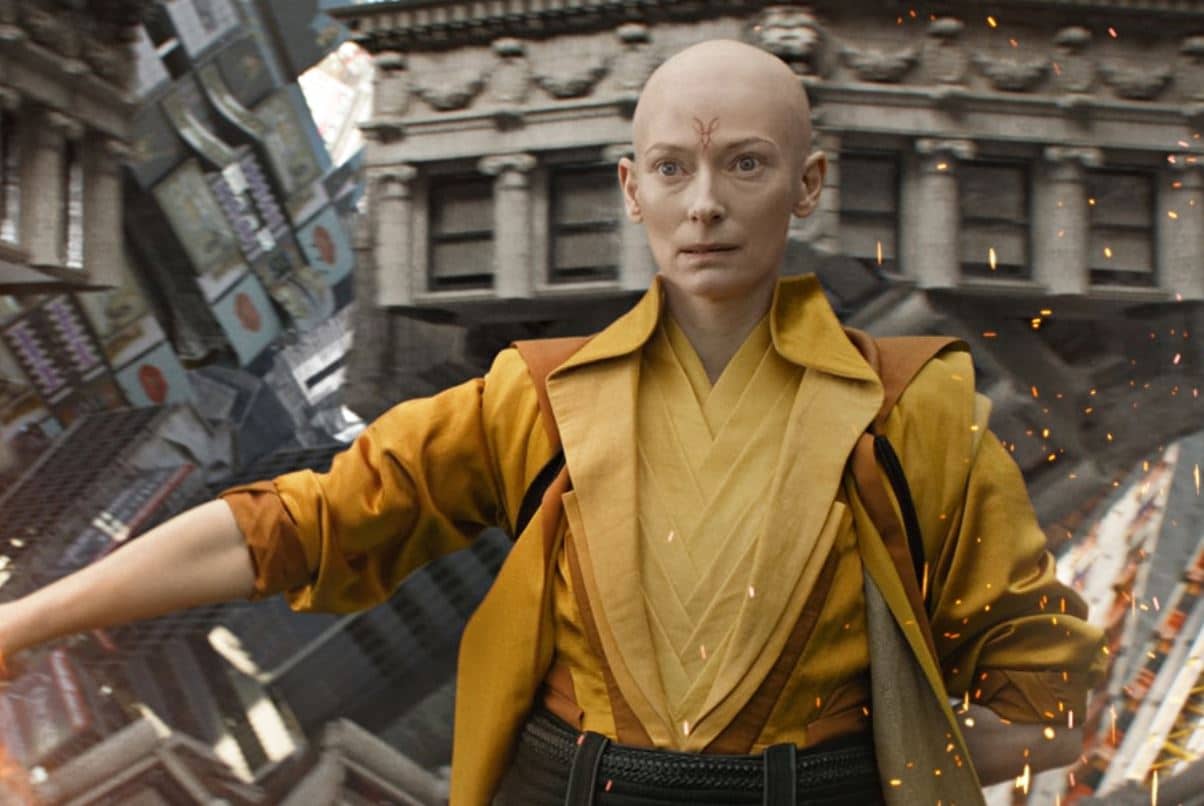
The movie studios are no strangers to receiving flack for “white-washing” stories, or replacing minority roles with white actors. This issue of representation was brought to the forefront of Marvel’s concerns when the movie, “Dr. Strange” premiered, as they stood accused by American audiences of white-washing the Tibetan character of “The Ancient One” by casting Tilda Swinton.
Marvel chose to weather the storm of bad press in America simply because China would not allow the film’s release in their markets with such a powerful Tibetan hero featured prominently in its plot, as China also doesn’t recognize Tibet’s independence, much like Taiwan.
The “Red Dawn” remake had to change antagonists with CGI after filming had already wrapped

The 2012 remake of the 80’s classic “Red Dawn” was a disappointment from the start, but some of its ridiculous lack of realism wouldn’t have been quite so egregious if China had remained America’s opponent in the film. The entire movie was made using China as the primary antagonist and occupier of American territories, that is, until the studio grew concerned about Chinese blowback.
After Chinese state-owned media began complaining about the film, the studio hired five special effects companies to go back in and change all of the Chinese flags shown throughout the movie to North Korean ones, suggesting that somehow the hermit nation with a laughable military had managed to invade and occupy the continental United States.
The movie “Looper” changed the plot, love interest, and the setting to appease China
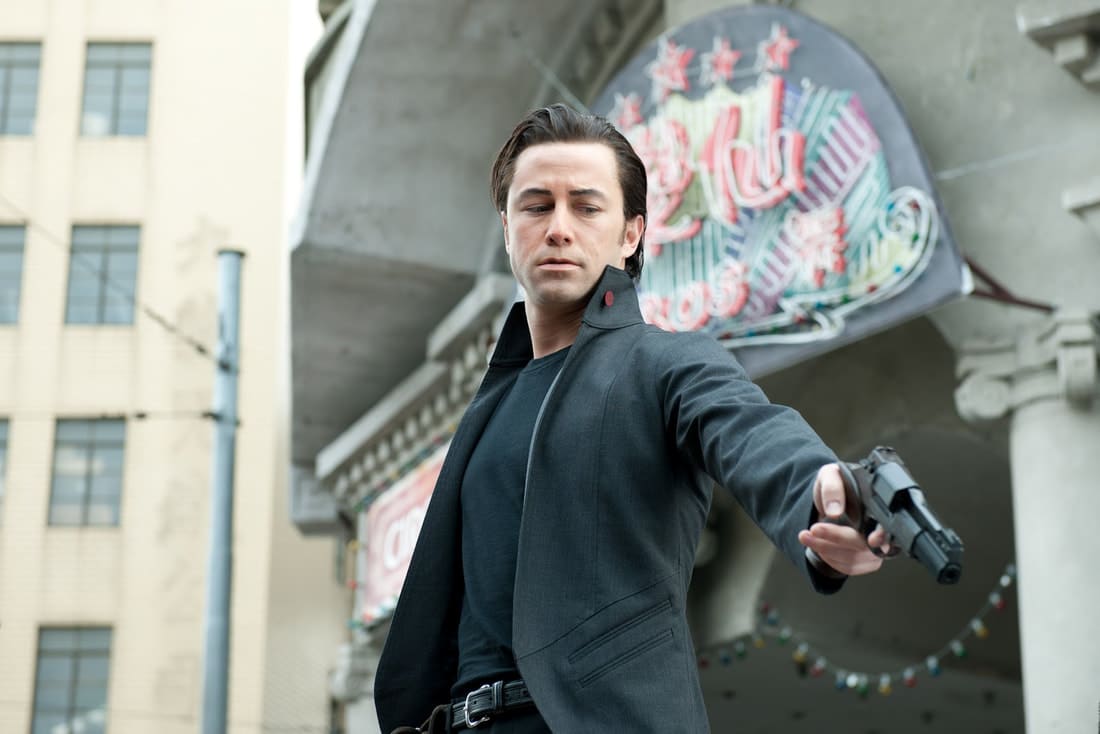
Another 2012, film, “Looper” saw significant changes mandated by the Chinese government as a result of the studio partnering with a Chinese firm called DMG. Among these changes were the setting of much of the movie. The script had been written with a large portion of the film taking place in Paris, but China forced them to change it from Paris to Shanghai. They then re-wrote the love interest role to include Chinese actress Summer Qing.
“Iron Man 3” had Sir Ben Kingsley play a traditionally Chinese bad guy so they could distance his name from China

When word broke that the villain of “Iron Man 3” would be The Mandarin, Tony Stark’s longstanding nemesis, comic book geeks around the world rejoiced… that is, until they heard he’d be played by Sir Ben Kingsley, and wouldn’t actually be the real Mandarin.
China would not permit the movie to be released in the markets with a bad guy named “The Mandarin” unless he was clearly not Chinese, prompting Marvel to once again cast a white guy for an Asian role, and once again suffer backlash for white-washing Asian characters.
Adam Sandler’s ill-fated “Pixels” cut entire scenes due to Chinese complaints
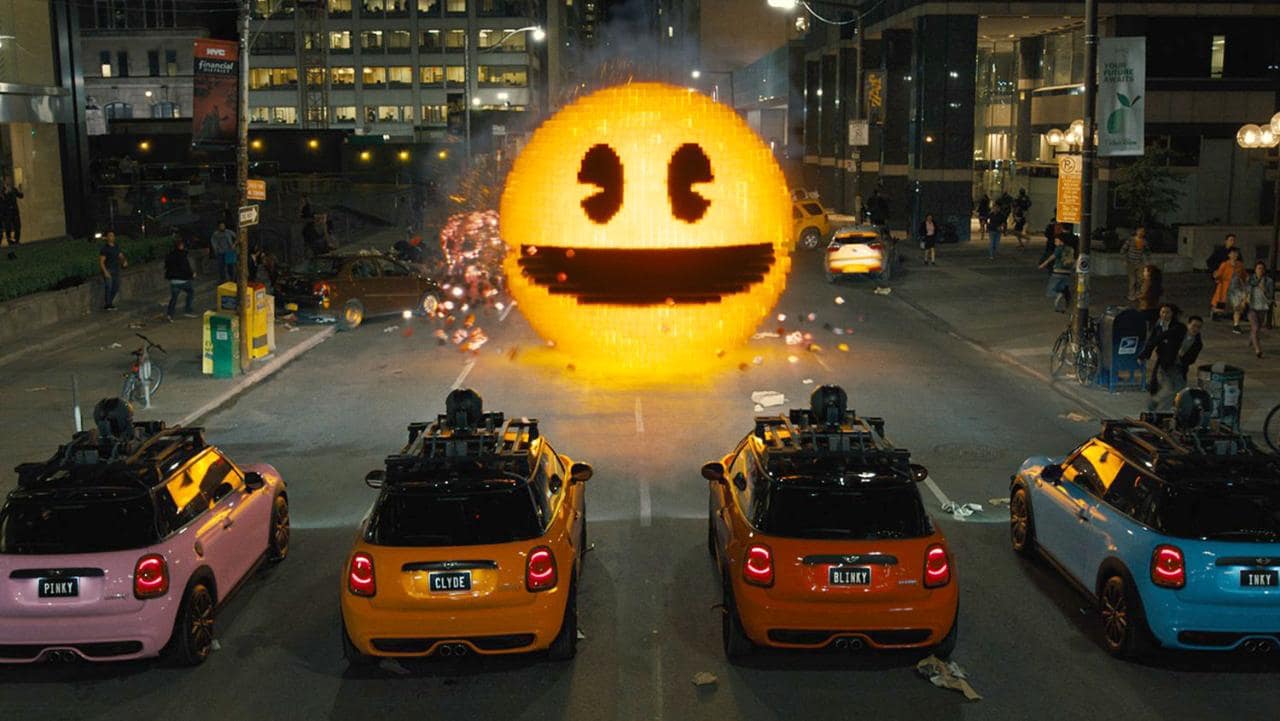
In the sci-fi comedy “Pixels,” Adam Sandler’s character is tasked with taking on traditional video game bad guys created and sent to earth by nefarious alien forces. The film mocks many disaster epics, by showing video game creations like Pac-Man destroying cities and the like.
One scene that was finished for the film never ended up seeing the light of day, however, as China barred the release of the film simply because it included a shot of the Great Wall of China being destroyed alongside other national landmarks like Egypt’s Pyramids. The scene ended up on the cutting room floor in order to appease Chinese officials.
“The Karate Kid” isn’t about Karate because that’s Japanese
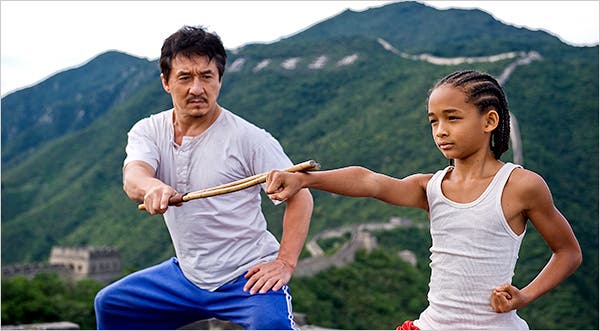
The 2010 remake of “The Karate Kid” decided to lean directly into China’s requirements, likely because one its stars, Jackie Chan, has a now-established history of forcing Chinese propaganda into his films (something he’s been accused of by even Chinese audiences). Jackie Chan himself said that he and most others in production referred to the movie as “The Kung Fu Kid” rather than it’s actual title, “The Karate Kid.” Why would they do that? Because Karate is a Japanese martial art, and China doesn’t like Japan.
Despite having a Japanese martial art in the title, “The Karate Kid” takes place entirely in China, and sees the main character being made fun of not for his lack of Karate skills, but rather, his lack of Kung Fu skills.
In China, the title was even changed to “The Kung Fu Dream.”

